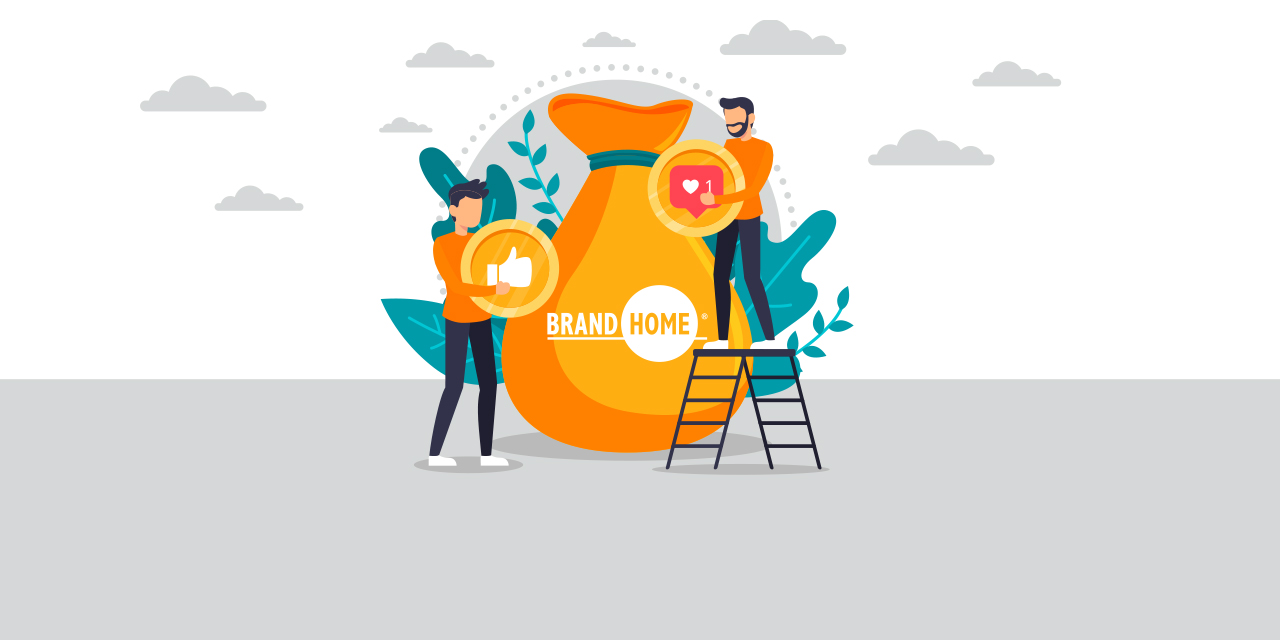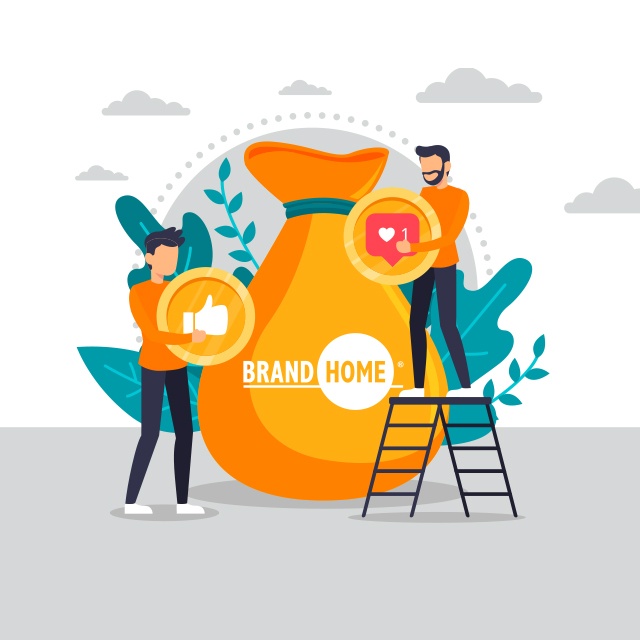

A nosedive into social currency
How rating systems alter society
Connect to Facebook
Facebook turned 15 this year. Feeling old yet? In the intervening years, social media has made its way into our everyday lives at breakneck speed. Consumers and the way they conduct themselves with social media have completely changed. This isn’t just about how your neighbor connects with friends and family by sharing funny pictures of cats. We’re talking about the way social media users connect with brands and society as a whole.
Once considered a technological milestone with the potential to build online communities, social media has begun to bleed into the real world and intensify society’s prejudices and inequalities. Everyone is a critic, a photographer or a model now.
In the social media universe, we don’t just talk about things for any old reason. We talk about things that make us look smart, good and altogether better than everyone else.
1/5 would not recommend
Netflix’s sci-fi anthology series Black Mirror succeeds in spreading awareness about this topic in a way that’s both interesting and entertaining. In its season 3 premiere episode, ”Nosedive,” we’re presented a depiction of what our society might look like in the not-so-distant future. This future is construed and controlled by social media, its population divided by a social networking-based class system in which every interaction receives a rating of 1 to 5 stars.
Sound familiar? Uber has been doing this for years. Although a low score doesn’t necessarily impact our ability to find a ride, the society depicted in “Nosedive” is entirely built on these ratings. They reflect its citizens’ socioeconomic position. The higher one’s score, the more privileges in the form of housing and financial opportunities become accessible.
The idea of using social media rating as a form of currency isn’t as improbable as it might seem. A recent and striking example shows how ratings can turn nefarious when authority gets involved. The Chinese government has already established a social credit system to serve as a form of mass surveillance. People can be either rewarded or punished according to their scores. Punishments include being barred from job opportunities, blacklisted from good schools and hotels, and even being forced to accept a slower internet connection.
Engage!
Do rating systems really have such a negative effect on society and brands? Not necessarily. Ratings provide businesses with valuable market research and help them better understand the needs and opinions of their customers.
Not only do they help businesses to increase customer engagement and establish credibility, they also give the customer a voice that is both influential and powerful. Consumers who take the time to rate and review a business are far more likely to feel a certain loyalty to that business. This is how a positive and meaningful relationship between business and customer is established.
Black Mirror has given its fair share of wake up calls in terms of where society might be headed with the help of technology and social media. The “Nosedive” episode not only managed to show us a detailed depiction of what our future might look like, it also did so in a way that relies on humor, however dark. For some, this may make the inherent message more palatable: technology is not something to be demonized; rather, we need to be aware of how we can shape our future.



